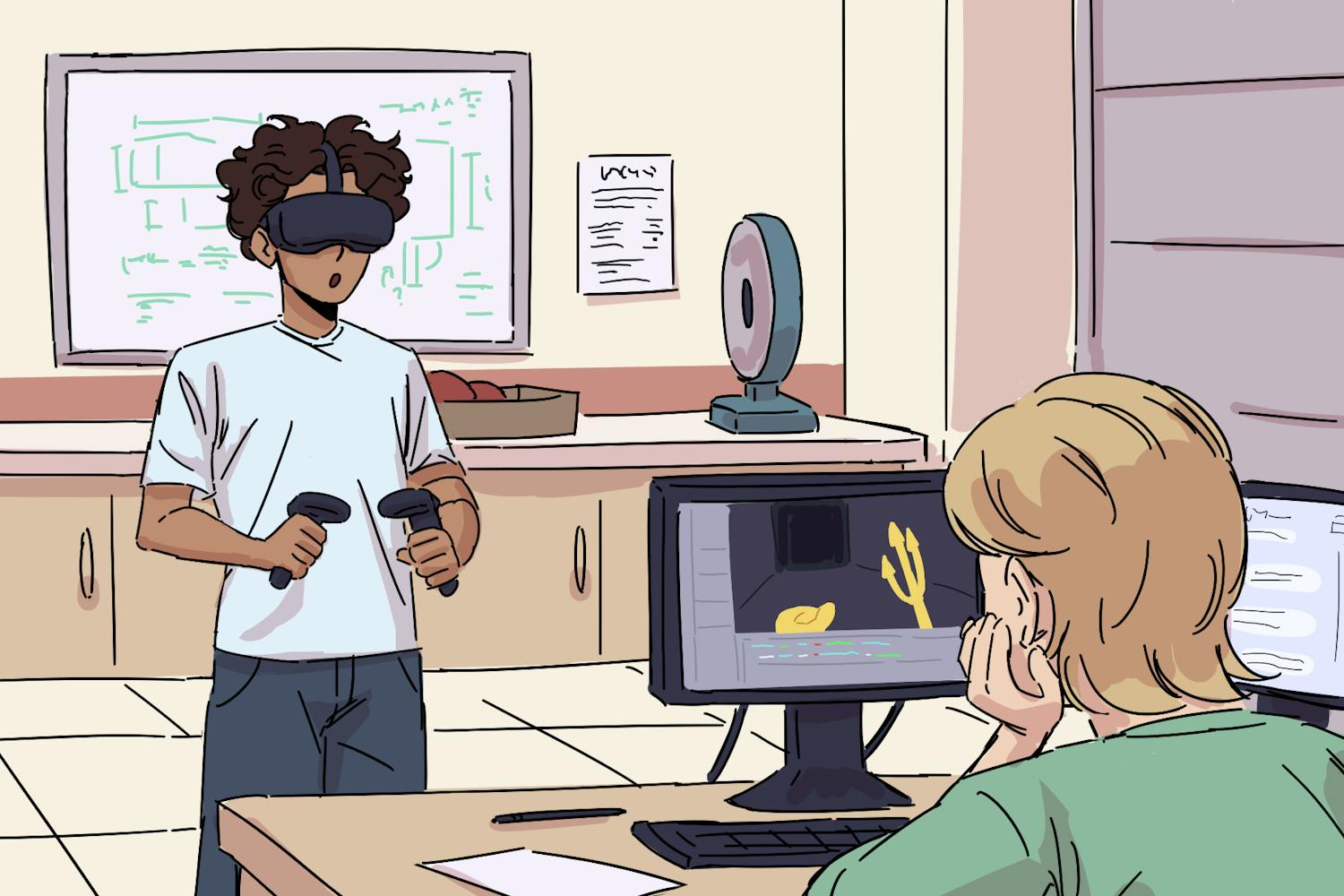A bill passed through the Arizona House on Wednesday would allow college student-athletes to receive money for endorsements.
According to House Bill 2143, student-athletes would be able to make money off of the use of their image, name or likeness. Endorsements would not prevent athletes from receiving scholarships, and the school could not prevent the student from earning compensation or limit what they would receive.
Arizona Rep. Anthony Kern (R-Glendale) said he proposed HB 2143 after Christopher Herring, a board member of the Surprise Regional Chamber but speaking as a constituent, brought the matter of compensation to his attention.
During the hearing on HB 2143, Herring told the House Education Committee how poverty struck his family and left his brother unable to continue his passion for baseball in college.
"(Student-athletes) have to make the decision, 'Do I want to play a sport and use my skills, or do I want to be able to get a job or make money for my skills?'" Herring said to the committee.
Kern agreed that oftentimes, student-athletes are put in a situation where they have to sacrifice playing their sports to find ways to earn money.
"A college student-athlete should not have to make that choice," Kern said. "Why not let the students and the hard-working Arizona families of these students make a little extra money?"
The bill resembles legislation passed in California, which allows student-athletes the opportunity to earn compensation from endorsements.
Kern originally planned for the bill to take effect in August 2021, but an amendment was passed to push the date to coincide with the California bill's date of Jan. 1, 2023.
Kern said he proposed HB 2143 with the intent to keep talented athletes here in Arizona.
"I don't want students leaving Arizona to go to California simply for this reason," Kern said.
READ MORE: Shutting Pandora's box: The future of amateurism and recruiting at ASU
Rep. Reginald Bolding (D-Laveen) said he also planned to propose a bill that would match the one from California after hearing stories from his constituents and drawing on his own experiences as a former student-athlete.
"This was a conversation we often had, even before I was a college athlete, about making sure athletes are truly compensated for the value that they provide universities," Bolding said.
Bolding chose to drop his bill and support HB 2143.
"I will keep pushing and supporting policies that are going to make sure the NCAA provides student-athletes with what they deserve," Bolding said.
In light of California's bill, ASU organizations BridgeASU and 942 Crew hosted an event before the women's basketball game on Feb. 28 for students to discuss student-athletes receiving pay outside of their scholarships.
Makenzie Tyson, member of BridgeASU's events committee and a freshman studying political science, said that students at the event expressed various differing opinions.
"We had students who thought that they should not be paid because they're already receiving scholarships, and that would create more of a political model or a major league model of what sports are," Tyson said.
Others spoke in favor of bills like HB 2143, saying student-athletes did deserve pay because they did not have time for an outside job and full-ride scholarships are not always guaranteed.
"If they're working 40, 60 hours a week for practices and meets and conditioning and such, they don't have that time to have a job, especially if they're responsible for covering their tuition," said Tyson.
Currently, the Arizona Board of Regents, ASU, NAU and UA are signed on in opposition to Kern's legislation.
A spokesperson for the University said in an email that ASU takes its direction on legislative matters from ABOR and has no comment on the legislation at this time.
While ABOR is opposed to the bill for now, it appointed a study committee to research "issues related to using student-athletes names, images and likenesses to benefit the athletes," said ABOR Director of Communications, Julie Newberg, in an email.
From this study, the Regents will make recommendations to the legislature to make sure the bill aligns with national efforts, like those established by the NCAA.
The Regents have requested Kern's, and any other interested lawmakers', participation on the committee that will conduct this study.
"The board’s goal is to address this issue so there is a single system that is fair to all student athletes rather than many state laws offering differing requirements," Newberg said in an email.
The work group will report their study to ABOR by Sept. 30, 2020.
Kern aims to keep the bill fair and transparent and said he is working with Arizona institutions to do so.
"We want to make sure that this is a bill that everybody loves," Kern said.
The bill now awaits passage by the Senate, and if passed, will need Gov. Doug Ducey's signature.
Reach the reporter at ekgalin1@asu.edu and follow @eringalindo29 on Twitter.
Like The State Press on Facebook and follow @statepress on Twitter.




